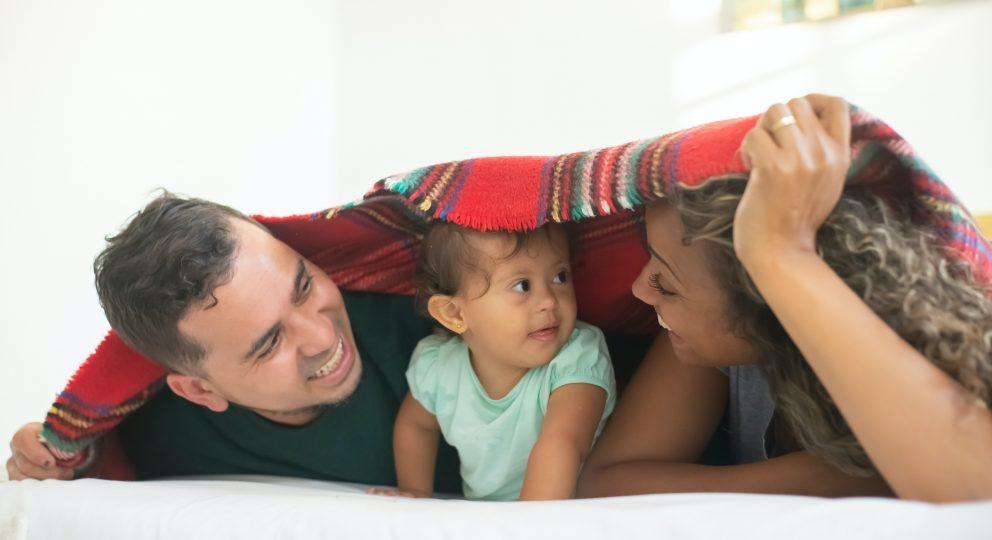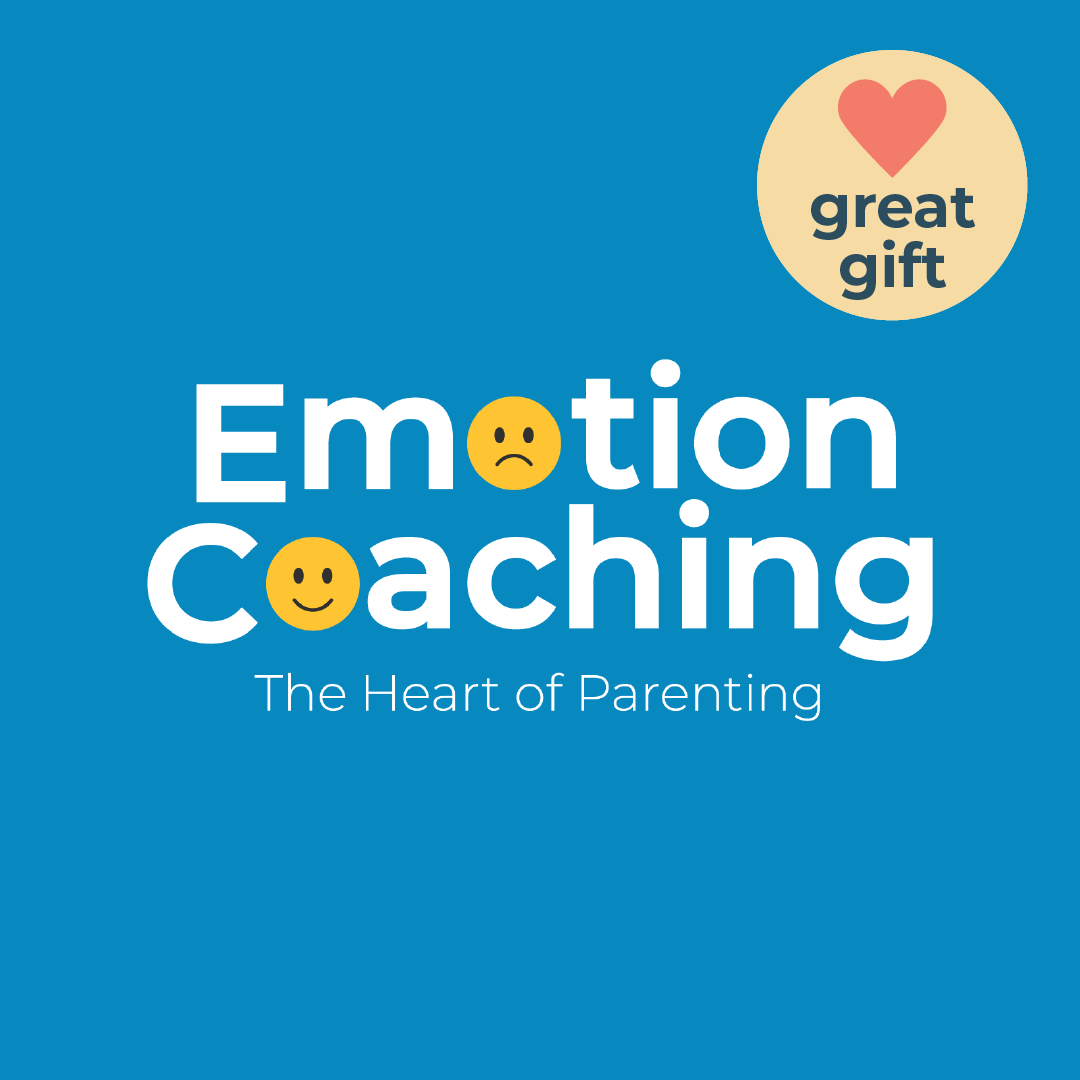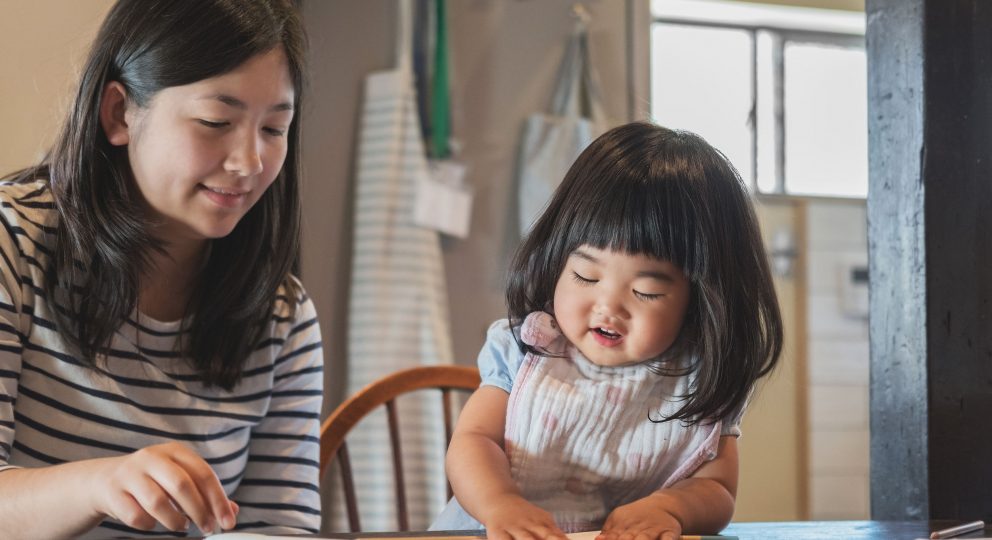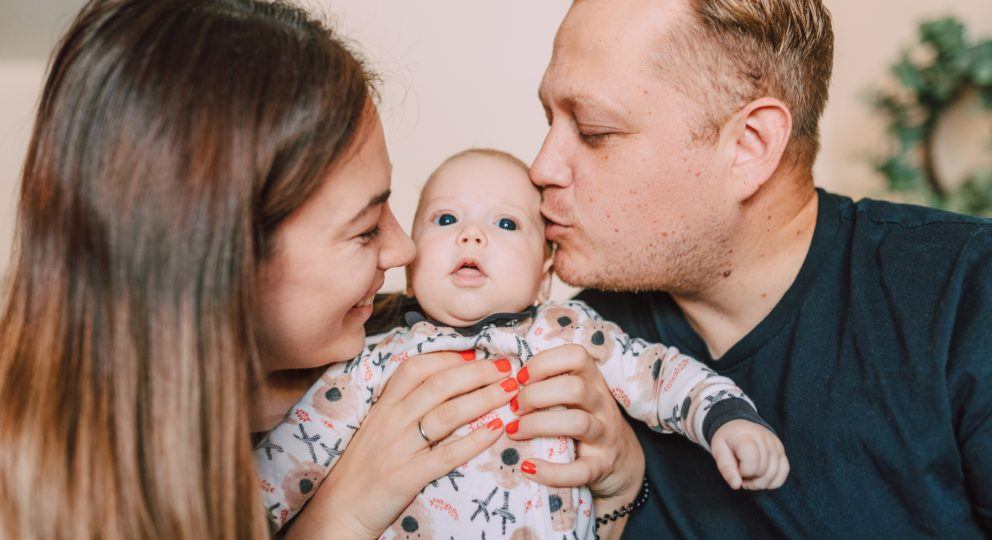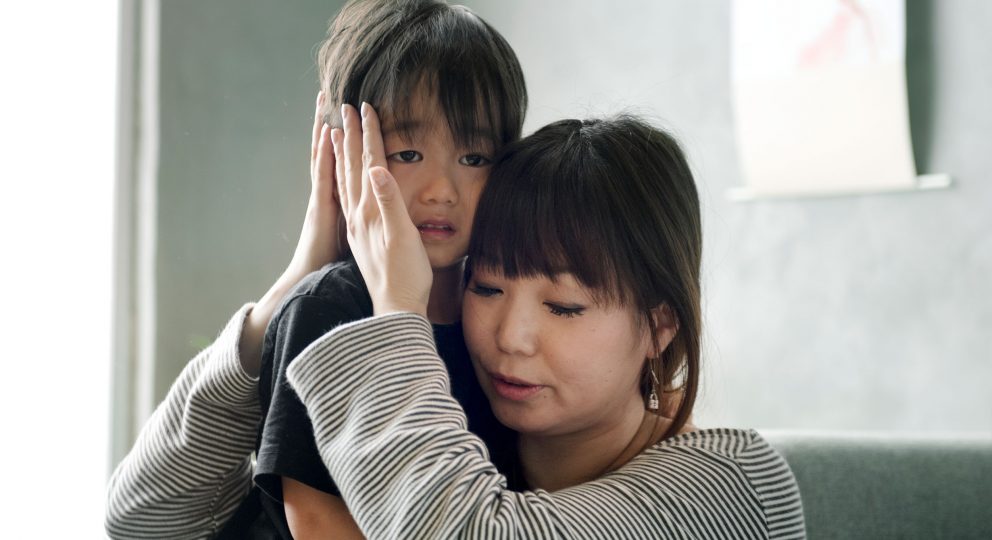Inclusivity in parenting workshops is essential for families to feel comfortable and see themselves represented. Read on to learn about our updated Bringing Baby Home programs.
The Research
When Dr. John Gottman and Alyson F. Shapiro, PhD began a small pilot study in 1999, the major focus was the transition to parenthood. That pilot program eventually grew into the Bringing Baby Home Parents’ Workshop and Bringing Baby Home Educator Training. This workshop is different from many other intervention programs because it is evidence-based and research-tested. The data shows that one year after participating in the workshop, parents have higher relationship quality, less interpersonal hostility, and much lower incidences of postpartum depression.
But when you look at who participated in that original pilot study, it’s clear that we’re not seeing the whole picture. During the initial pilot period, participating couples were married, heterosexual, and assumed to be cis-gender. They were not a cross section of the parenting community at large. If the original research was so groundbreaking, why would that matter? The answer is lack of inclusivity.
Representation for New Families
When I walk into a space, read a book, or look at the teachers at my child’s school, I’m looking for myself. Well, not myself exactly, but I’m looking to see if my identity and experiences are reflected. When a classroom has photos on the walls that look like my family, when the book I’m reading has a character with similar life experiences, or when my child’s teachers share my culture, I feel more at home. I feel ready to learn new things. I feel safe. This is the value of inclusivity.
If a Bringing Baby Home participant doesn’t see their family constellation referenced in the content, or see their family’s culture, ethnicity, or race reflected in the visuals, they may not feel welcomed into the program. With chapters like “The Importance of Fathers” and gender-specific language around how mothers and fathers are different, individual educators have had to make their own changes to welcome their community of parents.
Looking Forward: Inclusivity in Parenting Workshops
In 2021 we decided to revamp the entire Bringing Baby Home program with inclusivity in mind. While the original research is still a large and important component of the workshop, we’ve revised language and added updated research. We now specifically address different family make-ups, gender stereotypes, foster and adoptive parents, single parents, surrogacy, drug-affected infants, infants with high needs, consent-based touch, and the tie between intimacy and fertility. The photos in the workbook and other teaching materials reflect a wide variety of families.
Dr. Rudine Sims Bishop coined the phrase “windows, mirrors, and sliding-glass doors” when discussing children’s literature in the 1990s. Dr Bishop explained that “windows” are a way for children to examine people who are different from themselves, “mirrors” are an opportunity to see themselves reflected, and “sliding-glass doors” provide an opportunity to move into different spaces. All three should be available to children for an enriching learning experience.
For parents to really benefit from Bringing Baby Home, they need to see that their individual family is represented. They need those windows, mirrors, and sliding-glass doors too. Recognizing bias, institutional racism, and heteronormative assumptions have been, and will continue to be, issues in our communities. The work is never done, but we’re excited to be moving forward by prioritizing inclusivity in parenting workshops. We look forward to having families see themselves reflected, learn about other types of parents, and step into a new space to prepare for the ongoing journey that is parenthood.
